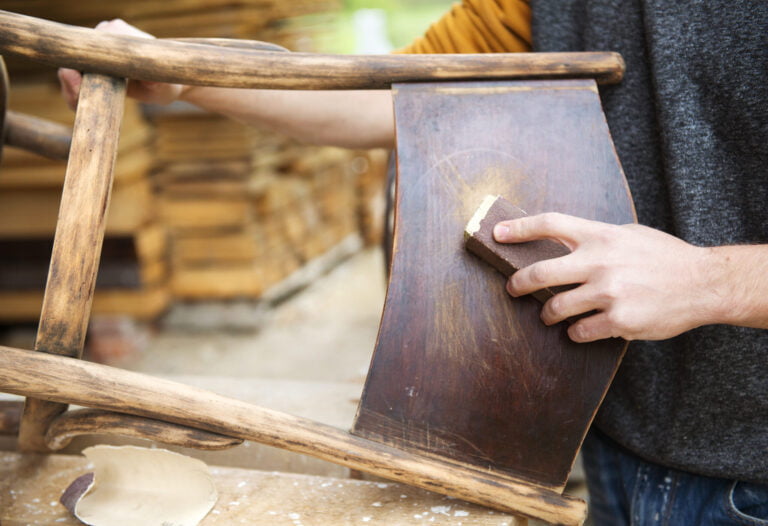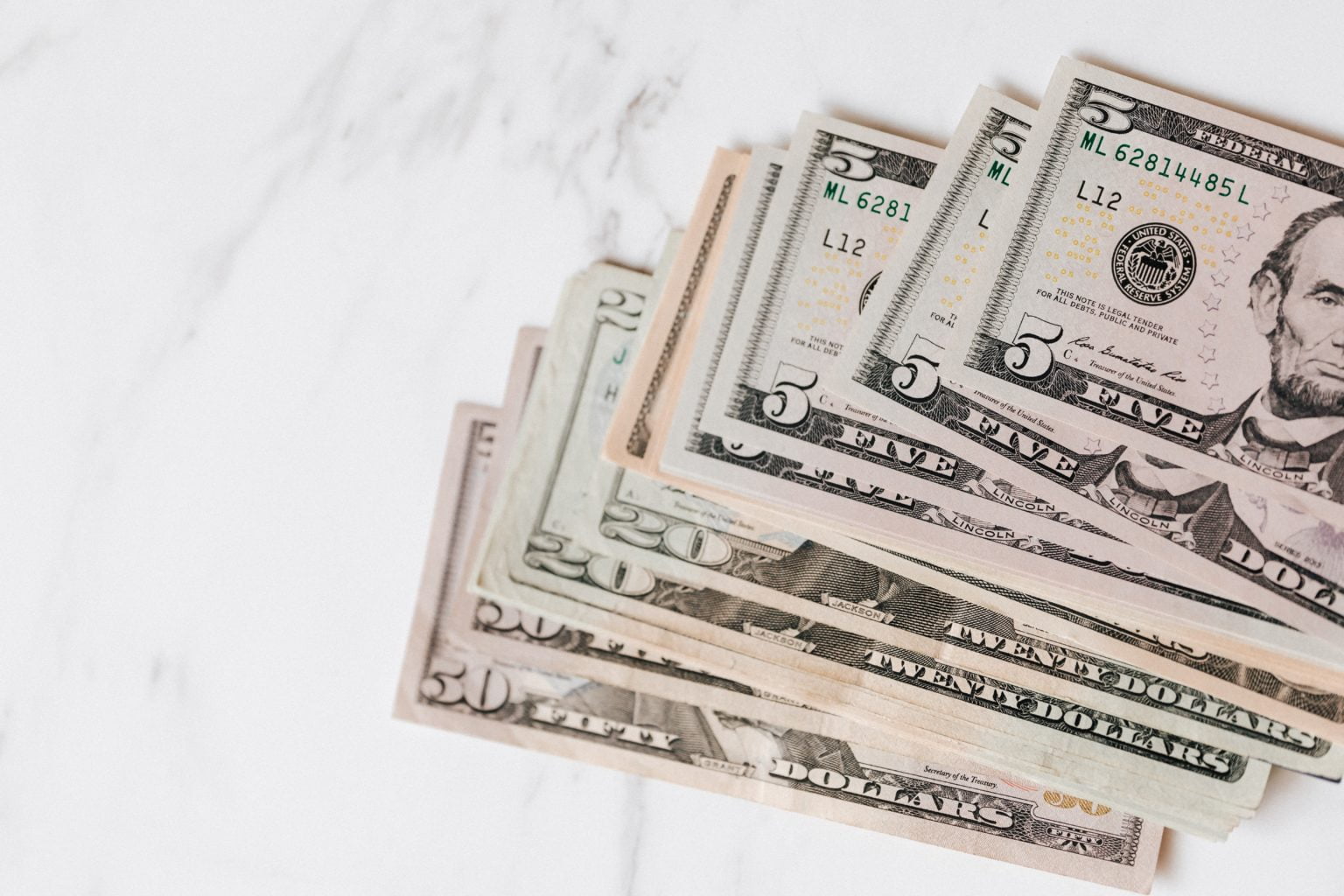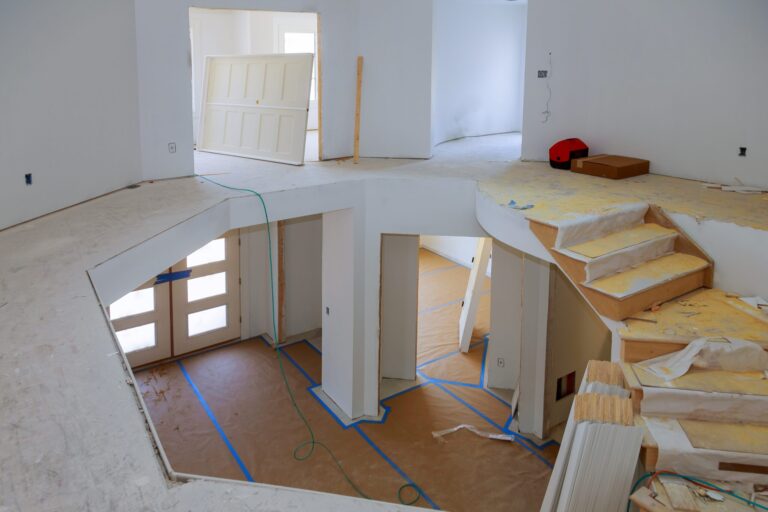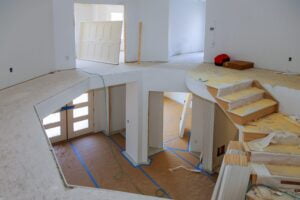A fixed-rate loan means the interest rate will remain at what it was when you purchased the house regardless of what is happening in the market. The benefits of getting a fixed-rate mortgage include that you will always know exactly what your payment is going to be because it will not change over the life of the loan. The most significant disadvantage to a fixed-rate mortgage is that if the interest rates go down, you are stuck with a higher rate.
A variable rate mortgage means the interest rate may change over the life of the mortgage. The advantage of this type of mortgage is that if the interest rate goes down, so will your payment. However, if the interest rate goes up, so will your mortgage. It is riskier, but depending on where the market is when you buy, it might be your best option.
Variable-rate loans can also come with an interest rate cap to protect you from the rates going ridiculously high. However, the cap is set pretty high, which still leads to unpredictability.
Variable-rate loans are ideal if you secured a mortgage payment lower than what you can afford. If your payment is already at the maximum you can afford, then even a slight increase in the interest rate will negatively impact your finances. However, if you can afford more than what you are paying, you will still feel secure if the payment goes up.
To answer the question, should you choose fixed or variable for your home loan, you need to answer a few other questions first. For example, where is the market currently? If interest rates are how there is a good chance they will go down in the coming years, so you don’t want to get locked into a fixed-rate mortgage. However, if the rates are meager, you’ll want the fixed-rate mortgage to make sure your rate stays low.
It would be best if you considered your income. The peace of mind knowing that your mortgage payment will always be the same might be worth the fixed-rate mortgage even if you take the risk of paying more than you need to down the road.
You also want to take into account how long you plan to keep the house. If you are planning to live in the house as long as you can, a variable rate mortgage is probably better because the interest rates will fluctuate. However, if you are planning to resell it in a reasonably short period, you probably want to choose a fixed-rate mortgage to ensure you know exactly what you will be paying.
For some people, it doesn’t matter what their income is or what the payment is; they thrive on the predictability of always knowing what the bill is going to be. They like to plan out their finances and budget accordingly to feel financially stable. Budgeting allows them to plan for other expenses, vacations, or large purchases, so they do not want their monthly bills changes, if possible.
Variable rates are also better suited for people who like to take risks or gamble. Not being afraid of the unknown even when it comes to finances is a necessary trait when allowing the market to determine if your mortgage payment goes up or down.
Regardless of the home loan type you choose, it would help if you spoke with a financial advisor first to determine precisely what you can afford every month. Knowing what you can afford will provide the foundation for your house buying experience by narrowing down the houses, you should look at based on price.











